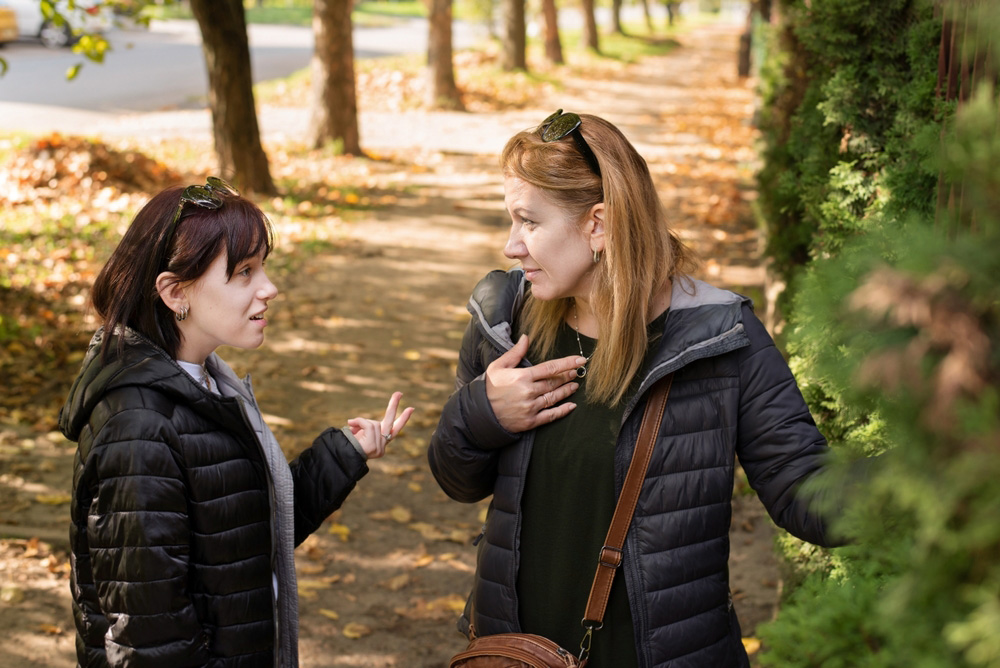While nobody starts drinking or taking drugs with the intention of becoming addicted, some people might crave more of an addictive substance almost immediately after trying it for the first time. Others never use drugs or alcohol, but still get hooked on rewarding activities like shopping or gambling.
Why can some people occasionally indulge themselves without falling into unhealthy habits, while others can’t? A popular misconception is that they have an addictive personality, or specific traits that predispose them to addiction. However, this fallacy is one of many misunderstandings about what causes addictive behavior.
The Myth of the Addictive Personality
At first glance, the concept of an addictive personality might seem like a useful tool for preventing addiction by identifying people with high-risk traits. However, oversimplifying this complex disease as a personality type can be harmful for several reasons:
- It can lead people to falsely believe they can’t become addicted because they don’t have the “right personality.”
- It may make people who struggle with addictive behavior think they can never recover because their problems are hardwired into their character.
- It perpetuates the harmful belief that everyone experiencing addiction is a loner with toxic traits such as a willingness to lie and manipulate others.
What Does the Science Say?
Experts generally agree that addiction is a chronic brain disorder, not a personality issue. In other words, while many things about you can increase your risk for addiction, your specific personality type is not one of them.
The factors that can make you more vulnerable to addiction include the following.
- Genetics: If this illness runs in your family, you have a higher chance of having the disease yourself. Some experts suggest that genes may be responsible for 40 to 60% of a person’s risk for addiction.
- Adverse childhood experiences: Abuse, parental neglect and early life trauma can follow young children into adulthood. Chronic stress from ACEs can affect brain and body development.
- Environment: If you grew up surrounded by adults who drank, used drugs or gambled to cope with their problems, you’re more likely to repeat these behaviors.
- Mental illnesses: Mental health concerns such as depression, anxiety and PTSD often go hand in hand with addiction. Having both issues simultaneously is a dual diagnosis.
Start Your Recovery at Canyon Crossing
Addiction is a chronic illness that affects people from all backgrounds and belief systems, including high achievers who have a robust support network and a positive outlook on life. At Canyon Crossing, we will work with you to create a customized plan for your healing journey. Our clinicians will help you uncover the root causes of your addictive behaviors and any co-occurring mental health disorders while you participate in our holistic programming.
As a women’s-only treatment center, we understand the importance of having a gender-specific, safe space to begin your recovery. Through a combination of evidence-based therapies and structured living, we help women resolve core issues that can perpetuate harmful patterns. To learn more about the services we offer, please connect with us today.



